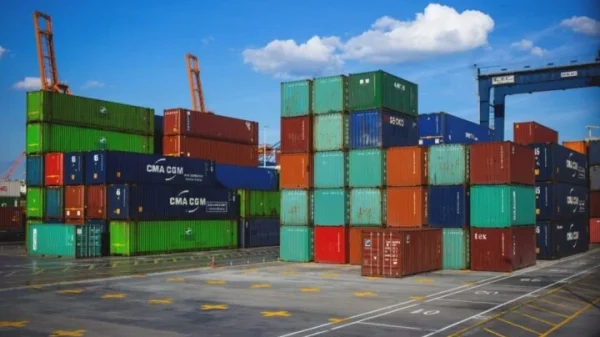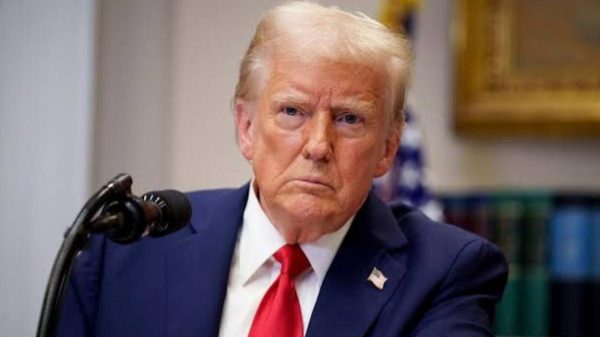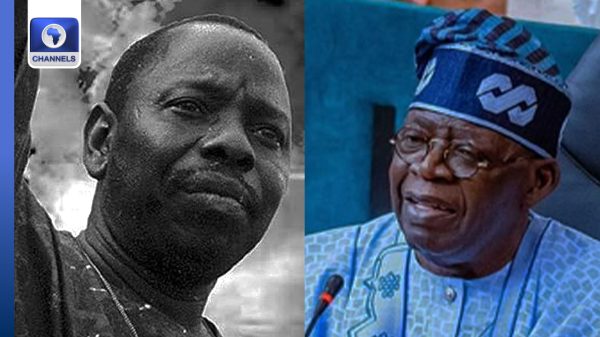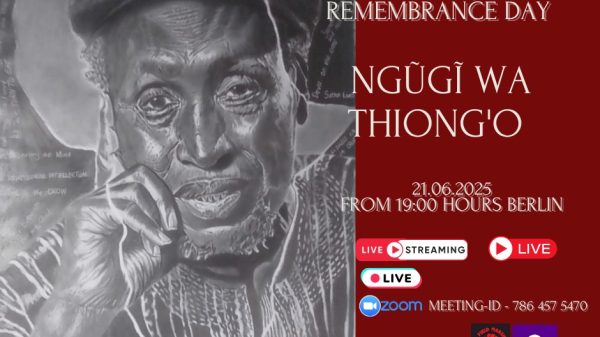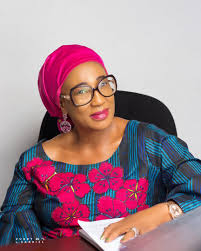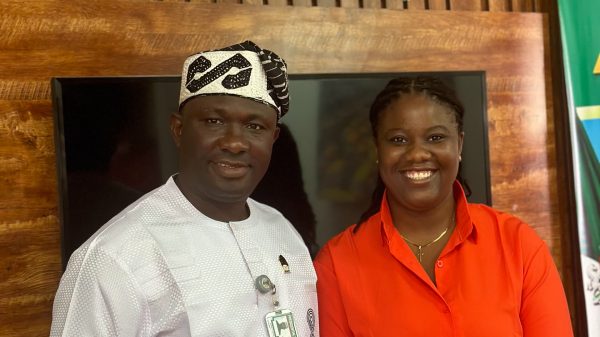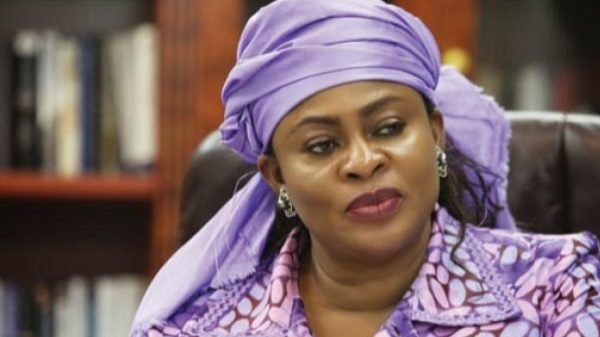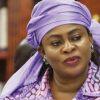China has officially launched the implementation of a zero-tariff scheme for 53 African countries—including Nigeria—under the Changsha Declaration, a strategic move to deepen China-Africa economic cooperation. The announcement was made following a high-level meeting between Chinese diplomats and African foreign ministers in Changsha, as part of ongoing engagements under the Forum on China-Africa Cooperation (FOCAC).
In a statement released on Thursday by China’s Ministry of Foreign Affairs, officials emphasized the urgency of promoting shared development among members of the Global South, particularly through equitable trade relations.
“We, the representatives of the People’s Republic of China, 53 African countries and the African Union Commission, gathered in Changsha to advance the full implementation of the Beijing Declaration on jointly building an all-weather China-Africa community with a shared future,” the statement read.
The new initiative aligns with the commitments made during the 2024 FOCAC Summit in Beijing and is designed to ease market access, improve customs clearance, and eliminate tariff barriers for African exports.
The Changsha Declaration reiterated China’s belief in the growing significance of the Global South. “The rise and growth of the Global South represents the trend of the times,” the joint statement said, highlighting Africa and China as key players in shaping this global shift.
The declaration also criticized “unilateralism, protectionism, and economic bullying,” which, it stated, pose threats to the social and economic development of developing nations. “We call on all countries, the United States in particular, to return to the right track of resolving trade disputes through consultation based on equality, respect, and mutual benefit,” the communiqué added.
Nigeria stands to benefit significantly from this initiative. As Africa’s largest economy and one of China’s key trading partners on the continent, Nigeria is expected to gain easier access to Chinese markets, particularly in agriculture, raw materials, and value-added products.
In 2024, Nigerian President Bola Ahmed Tinubu signed five memoranda of understanding (MoUs) with the Chinese government. Speaking at the FOCAC Summit, Tinubu described the China-Africa partnership as “a true testament to the power of mutual respect and cooperation.”
Yusuf Tuggar, Nigeria’s Minister of Foreign Affairs, confirmed in January 2025 that those MoUs are already at various stages of implementation.
China also pledged to support the African Union’s Agenda 2063 and proposed further negotiations to formalize the China-Africa Economic Partnership for Shared Development. This agreement will extend zero-tariff treatment across 100 percent of tariff lines for all 53 African countries maintaining diplomatic ties with Beijing—excluding only Eswatini.
“For the least developed countries in Africa, we will implement measures on market access, inspection, and customs clearance to boost trade and technical training,” the statement noted. Key areas of cooperation will include e-commerce, artificial intelligence, security, finance, and green industries.
China also announced plans to observe 2026 as the Year of People-to-People Exchanges as part of enhancing diplomatic and cultural connections.
With this move, China continues to position itself as a leader in South-South cooperation, offering Africa not just financial aid, but also tangible tools for long-term, sustainable growth.




